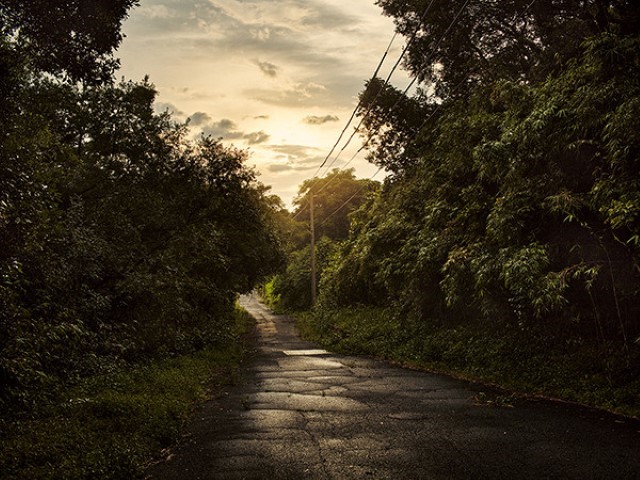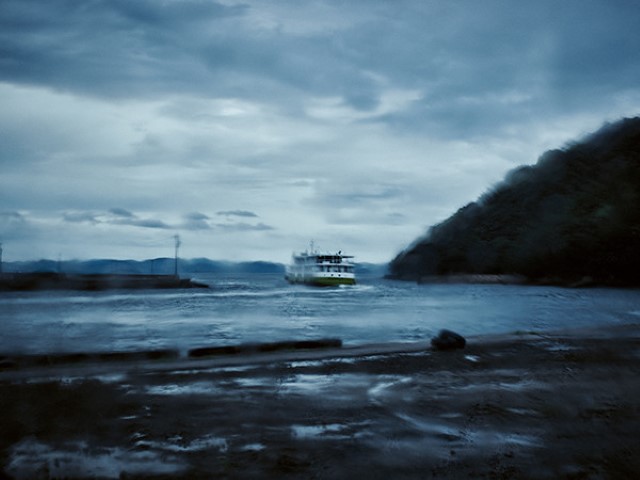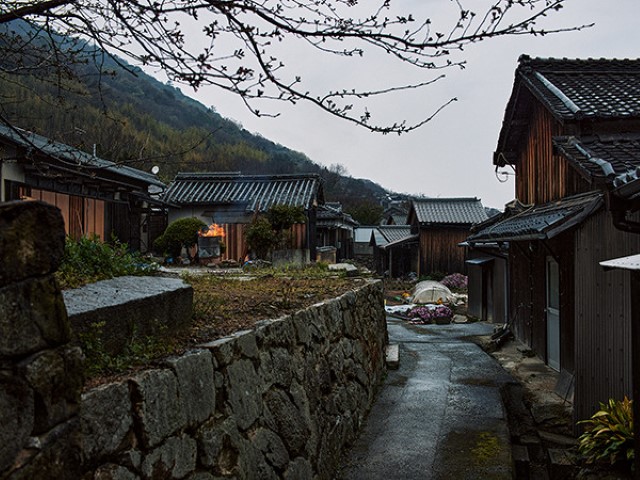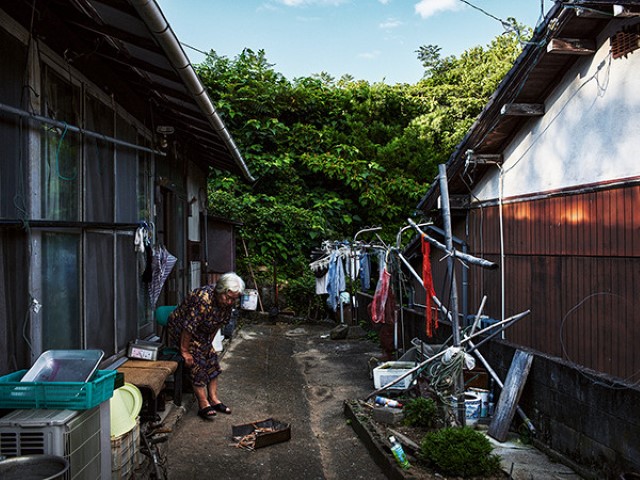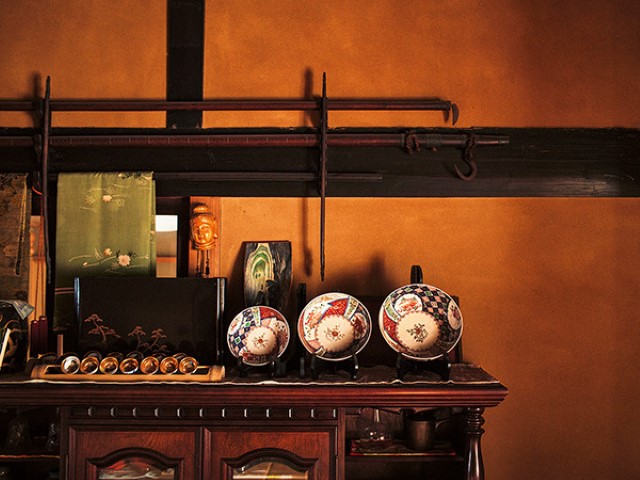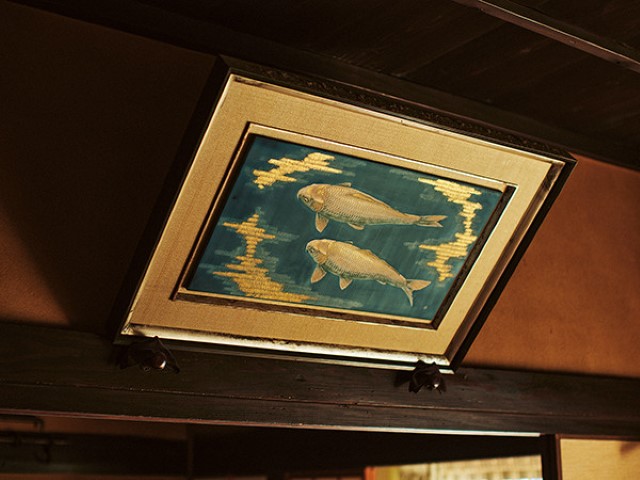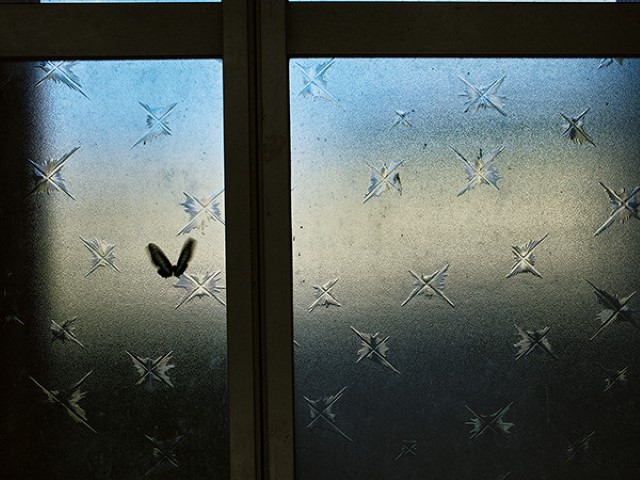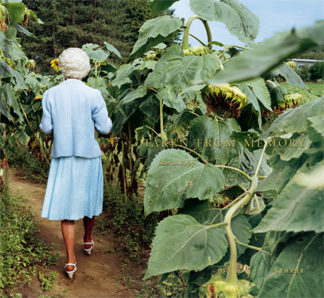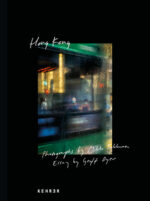Autrefois, l’île était célèbre pour sa marine, et ses compétences en matière de construction navale et de manutention des navires étaient appréciées et jouaient un rôle important dans la distribution maritime. Aujourd’hui, il n’y a qu’une douzaine d’insulaires vivant sur Teshima. Les propriétés en terrasses qui couvraient autrefois les montagnes ont été engloutis par la forêt de bambou, y compris les murs de pierre qui avaient été laissés.
Le dernier pêcheur de l’île est décédé à la fin de l’année dernière, et son bateau de pêche reste attaché dans le port, se balançant dans les vagues.
Écouter le sommeil tranquille de l’île sans la déranger nous amène à faire face à la situation actuelle du Japon en tant que nation insulaire ; textes de Matthias Harder, Kentaro Kumon, photos en couleurs.
In former times the island has been famous for its navy, and the island’s shipbuilding and ship handling skills were valued and played a major role in maritime distribution. Today, there are only a dozen or so islanders living on Teshima. The terraced elds that once covered the mountains have been swallowed up by bamboo forest, including the stone walls that had been left. The island’s last sherman passed away at the end of last year, and his shing boat remains tied up in the harbor, swaying in the waves. Listening to the island’s quiet sleep without disturbing it will lead us to face the present situation of Japan as an island nation. Kentaro Kumon (b.1981) is active in a wide range of elds, including magazines, books, and advertising. In 2012, he was awarded the Photographic Society of Japan’s Newcomer’s Award ; texts by Matthias Harder, Kentaro Kumon.


